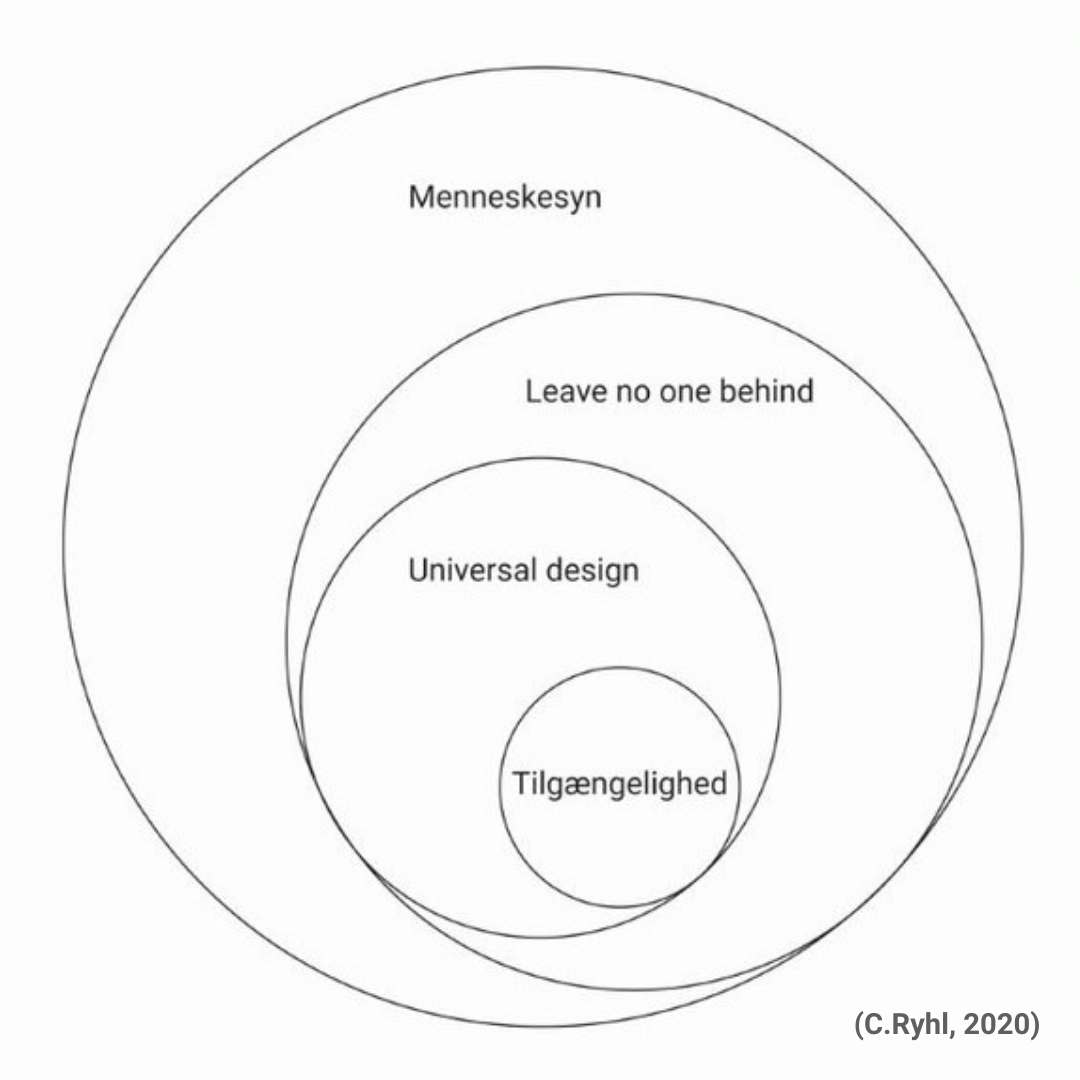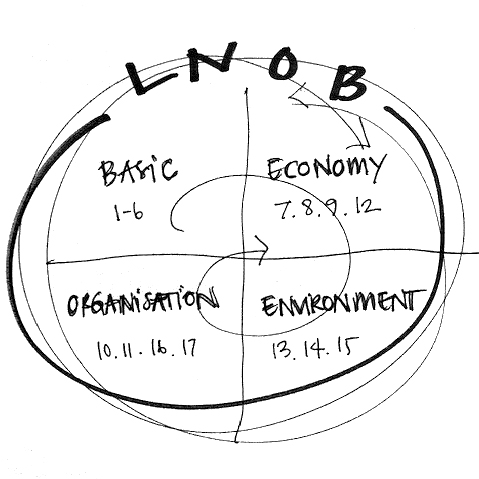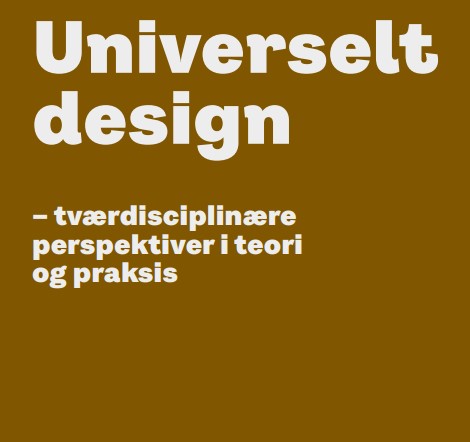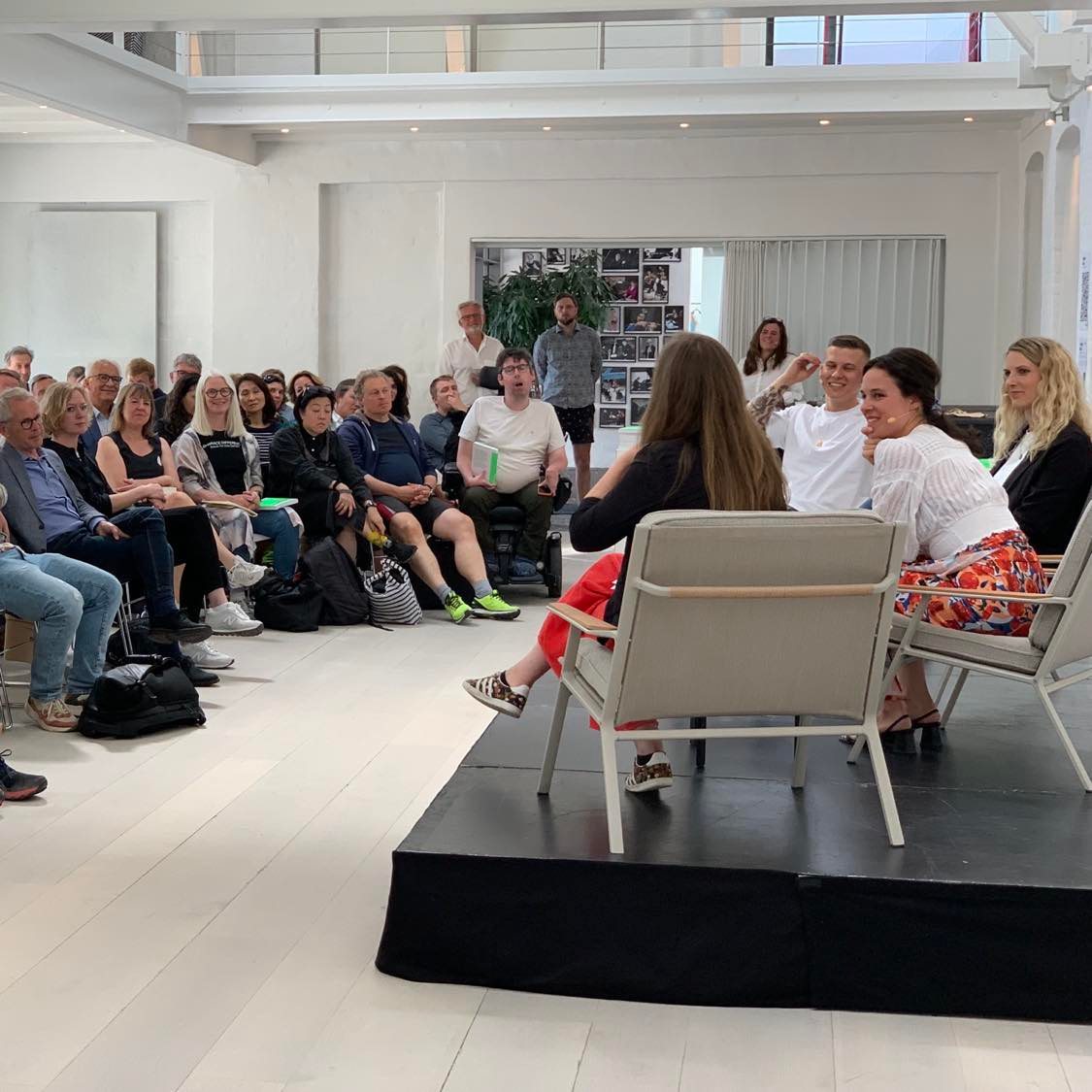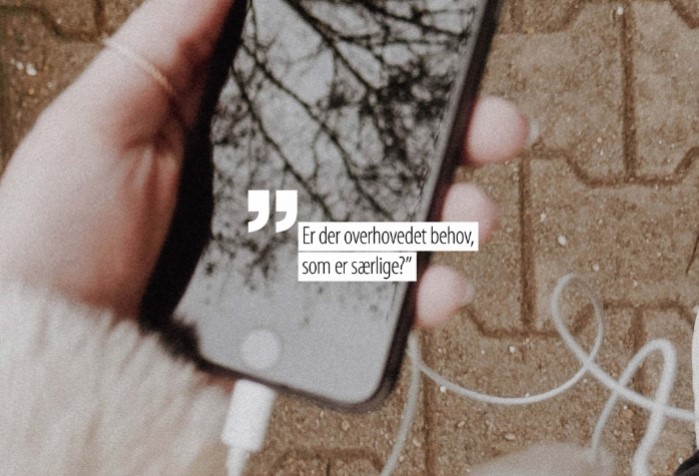Kom med på rejsen mod et mere mangfoldigt samfund
Her på siden finder du viden om og refleksioner over det værdibaserede designbegreb universelt design, som er én af nøglerne til at skabe et samfund, hvor der er plads til flere.
Det er vigtigt af flere grunde: Danmark har tilsluttet sig Verdensmålene og det tværgående princip Leave No One Behind. I 2009 ratificerede Danmark desuden FN’s Handicapkonvention, som baserer sig på universelt design og dermed forpligter Danmark på at alle, uanset funktionsnedsættelse, skal kunne bruge bygninger, anlæg og andre produkter.
Det er blandt andet på den baggrund og samfundskontrakt, Bevica Fonden har etableret Universal Design Hub, som har til formål at formidle og skabe ny tværfaglig viden om universelt design i en dansk kontekst.
Al den viden om universelt design finder du her på siden.
Universelt design for begyndere – kom godt i gang
Universelt design er et relativt nyt begreb i en dansk kontekst. Det behøver dog ikke være hverken svært eller kompliceret at komme i gang med at bruge det.
Ved at tænke i universelt design kan vi indrette vores omgivelser, så flere har mulighed for at deltage og gøre sig gældende. Du kan også være med.
Bliv klogere på universelt design og Universal Design Hub
Tema om universelt design på Videnskab.dk
I samarbejde mellem Videnskab.dk og Bevica Fonden udgiver medlemmer af Bevica Fondens tværfaglige forskernetværk en række artikler om universelt design.
Artiklerne er nemme at gå til og viser styrkerne ved at tænke universelt design som tværfagligt begreb i samfundsindretningen.
Du kan læse artiklerne her.
“Er der overhovedet behov, som er særlige?”
Podcast med handicapforsker Emil Falster og idrætforsker Thomas Skovgaard om begrebet “særlige behov”.
”Diversitet i brugerbehov kræver diversitet i løsninger. Vi er nødt til at acceptere, at vi som mennesker er forskellige, og at det er forskelligheden der, der definerer os. Det kræver, at vi har blik for den forskellighed, og det kan begrebet ”særlige behov” jo nogle gange være med til at skabe.”
“Er samfundet bygget til os alle?”
”Hele vores samfund er ikke bygget til min krop. Så derfor støder den bare virkelig meget på samfundet.” Sådan siger Caspar Eric, der har CP, er digter, forfatter og frem for alt; mennesket i vores fjerde kortfilm om menneskesyn.
Han tydeliggøre i sin fortælling, at vi mennesker netop er forskellige og autentiske på hver vores måde, og at samfundet ikke altid rummer vores mangfoldighed.
